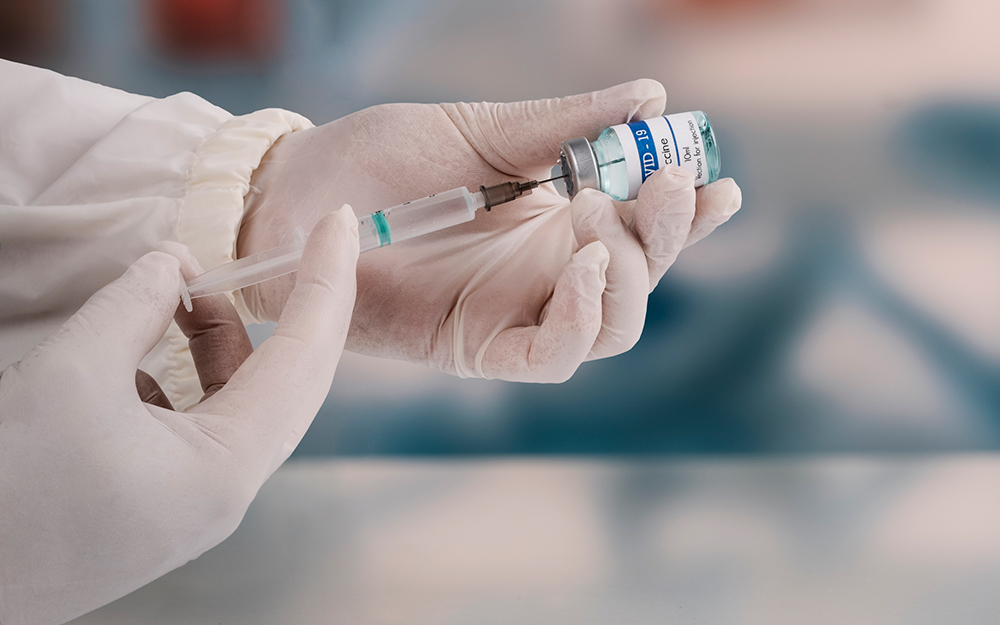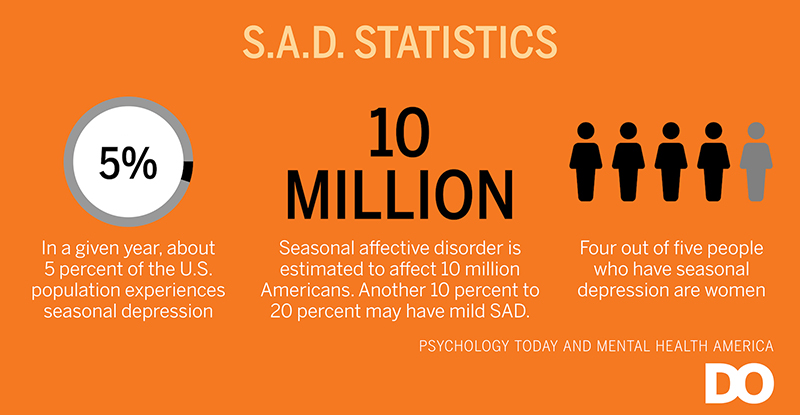Did you know you have hundreds of small holes inside your gastrointestinal system allowing bacteria and pernicious toxins to leak into your bloodstream. Already sick to your stomach? You should be. The condition I am referring to is “leaky gut syndrome,” and it’s an issue many people unknowingly struggle with. Stomach pain, bloating, fatigue? Those are all symptoms of this condition that we choose to blame on that cup of coffee you drank earlier today, or the fact that you only got 7 hours of sleep last night. Believe it or not, your mental health and energy levels are not just regulated by your brain, but your gut as well. Everything you put into your body, whether it is food, beverages, medications, as well as your frequency of exercise, allergies, or general lifestyle will affect the health of your gut. Wondering how you can repair your porous intestines?
The Health Detective
Meet Becca Kyle, a certified functional diagnostic nutritionist, who describes herself as a “health detective”. Rather than covering up symptoms with quick fixes like antibiotics and various supplements, Kyle works with clients to uncover the real reasons for their struggles and creates a custom solution. “Symptoms aren’t the problem, they’re the result of a problem,” Kyle said.. “What I do is look deeper to find out why you’re experiencing things like fatigue, headaches, or stomach issues.” Kyle’s passion for gut health roots from her own childhood story. Growing up, she was consistently sick and missed nearly half of the second grade. As an adult, she battled issues regarding fertility, stomach problems, and chronic fatigue that no doctor had an explanation for. “I finally went back to school to figure it out myself,” she said. “And I did. Now I want to help other people fast track their journey back to well being.”
So, what exactly is gut health?
According to Kyle, it all begins with the microbiome; a community of trillions of tiny organisms living in the digestive system. “Think of it like a zoo,” she said.. “We want to keep that community balanced and happy because those microbes help digest food, make nutrients, support the immune system, and even influence your mood.” A portion of the gut equally as important is the lining of the gut; which Kyle compares to tiles being held together by grout. “Over time with damage, that grout gets worn away. That’s what people mean when they say “leaky gut,” she explained. “Particles, toxins, and food pass through the bloodstream, causing all sorts of downstream effects.”
These effects don’t stop with the stomach. “Sometimes gut issues show up as acne, eczema, fatigue, brain fog, anxiety, depression, and even trouble sleeping” Kyle explained. “The gut and brain are constantly talking; it’s like a two way texting relationship. If your gut is upset, it sends “bad texts” to your brain leading to low energy or bad mood.”
Why high school students should care:
It’s easy to assume that gut health is only something adults should worry about. Kyle disagrees. “The trick is to connect gut health to things you already care about,” she expressed. “That’s energy for sports, mood and focus for school, clear skin, and even fewer sick days. In fact, 75-80% of your immune system is in your gut.” Even those late night, gut wrenching cravings you get can be tied back to gut balance. “Sometimes when you’re craving sugar, it’s not just stress, it’s your gut bugs telling your brain “feed me,” Kyle claimed. “So the next time you’re dying for ice cream, ask yourself: is it me or my gut bugs calling in the order.”
Simple steps to heal your gut:
Kyle emphasized the fact that you don’t need a degree in nutrition to improve your gut health. Here are some simple, and feasible steps to heal your gut:
- Pair your carbohydrates with protein: “Naked carbs like pasta, bread, or candy spike your blood sugar and stress your gut. Even fruit should be paired with protein, like an apple with a beef stick.”
- Choose whole foods over processed ones: “Food is information,” Kyle explained. “It either tells your body to heal and grow, or it tells your body to inflame and feel bad.”
- Manage stress: “High cortisol can wreck your microbiome,” Kyle warned. Even something as small as deep breathing at a stop light can help or reset stress.”
- Prioritize sleep: “The most important healing hours are between 10 p.m. and 2 a.m. If you’re staying up until midnight, you’re missing critical repair time.”
- Stay active: “Movement whether it’s dance, sports, or walking, it supports gut health and helps detoxify the body.”
- Be mindful with antibiotics: “Overuse can wipe out good bacteria, so they should only be used when necessary.”
Listening to your body:
Kyle’s most important advice is simple: pay attention. “Symptoms are communication from your body,” she said. “If gluten makes your stomach hurt, don’t ignore it. Small changes like cutting back on processed foods, drinking water outside of meals, or going to bed earlier can make huge differences. She wants students to remember that your gut regulates your entire body beyond your stomach. “Happy gut equals happy mood, happy skin, happy brain, and happy hormones.” Kyle said, “It’s never too late to improve your gut health.” By taking action now, students can build strong, healthy habits and routines that they can carry into their future and improve their lifestyle.

























